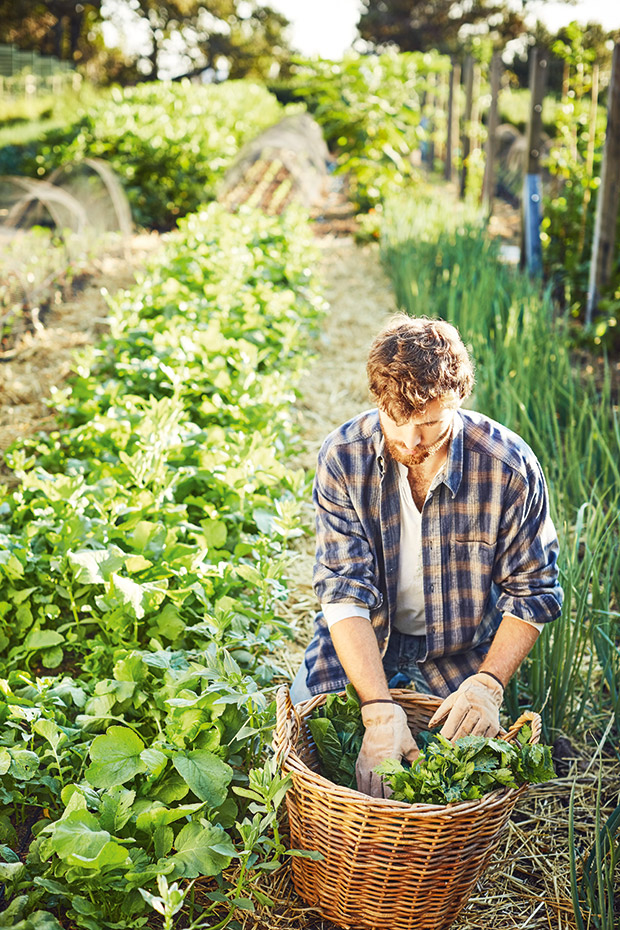Is this the secret to productive farming?

Landscape simplification: the loss of diverse natural habitats and ecosystems due to monoculture farming
Research is showing that the biodiversity of your land is more important than ever.
Source: University of Auckland
One of the world’s largest-ever studies has found the more diverse the animal, insect, and plant life is on food-producing land, the more productive the land. There’s also less need for fertilisers and pesticides.
The multi-national, multi-institutional study involving more than 100 scientists has shown that biodiversity benefits agricultural food production on a global scale.
The scientists analysed data from around 1500 agricultural fields worldwide, from corn fields on the North American plains to oilseed and rape fields in southern Sweden.
They found the benefits to farming provided by two main natural ecological processes – pollination, and natural predators of harmful insects – was greater where there was a wider diversity of crops, hedges, trees, and meadows.
Monocultures (where one crop or farming activity predominates) play a big part in poor pollination. The study found levels of ‘pollinator richness’ (the variety of insects available as pollinators) in the environment to be much lower in monocultures.
The effect is made worse by the use of pesticides or insecticides because these chemicals also kill the natural enemies of harmful insects. The study found this ‘natural enemy richness’ represents around half of all landscape simplification.
Julia Schmack, a PhD student at the University of Auckland, contributed data to the study from her research on the beneficial effect provided by birds and bats in coffee plantations near Mount Kilimanjaro in Tanzania. She says diversifying crops and landscape is the best way to ensure farming is sustainable, and that its biodiversity is protected.
“This study is truly global in scale, and it clearly shows that biodiversity is essential for agricultural food production, and we have to think about sustainable ways to produce enough food for an increasing human population.”
Love this story? Subscribe now!
 This article first appeared in NZ Lifestyle Block Magazine.
This article first appeared in NZ Lifestyle Block Magazine.
